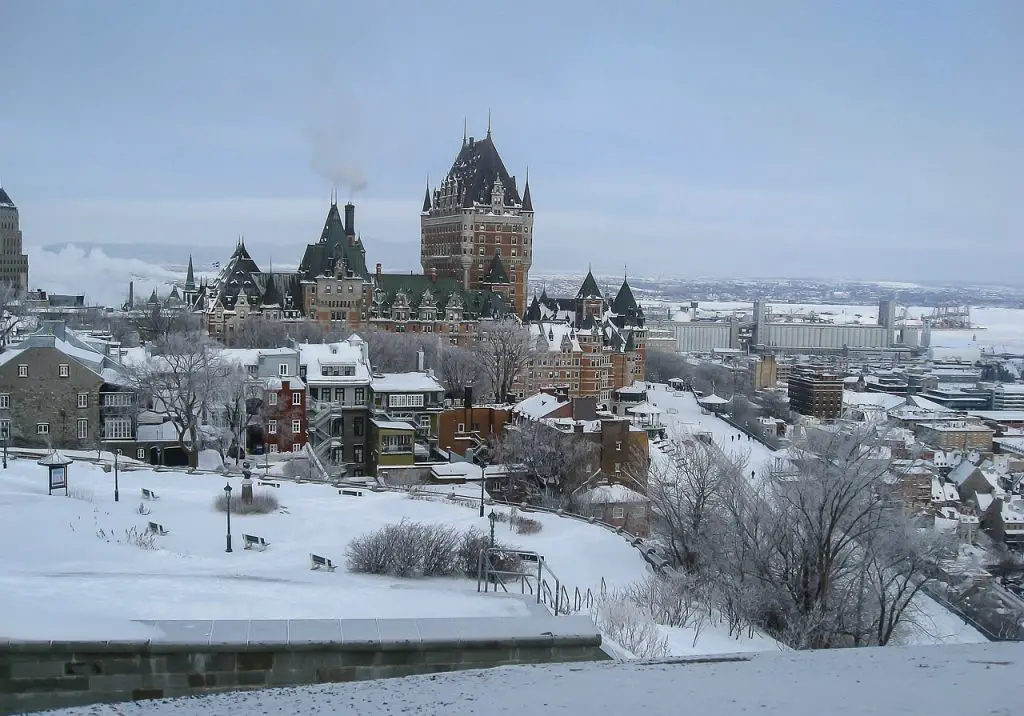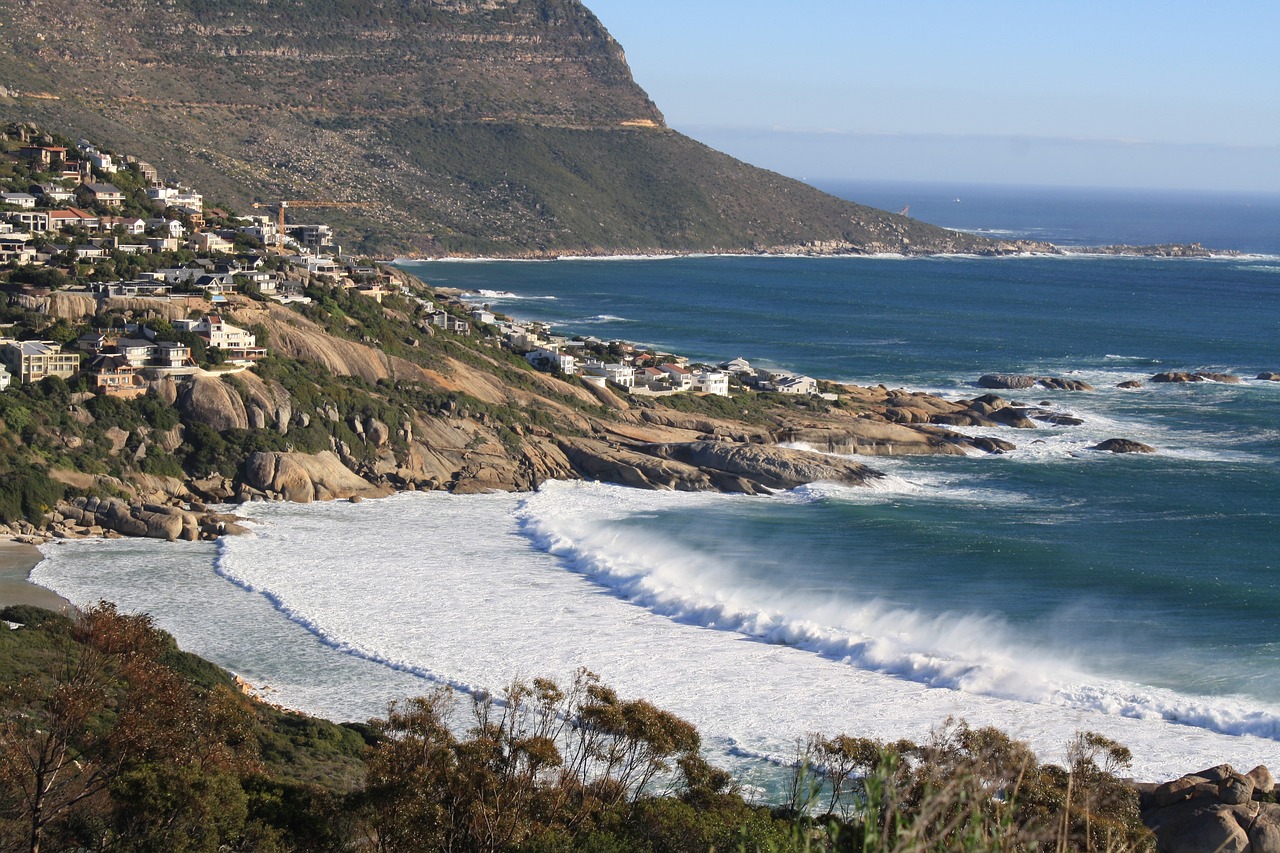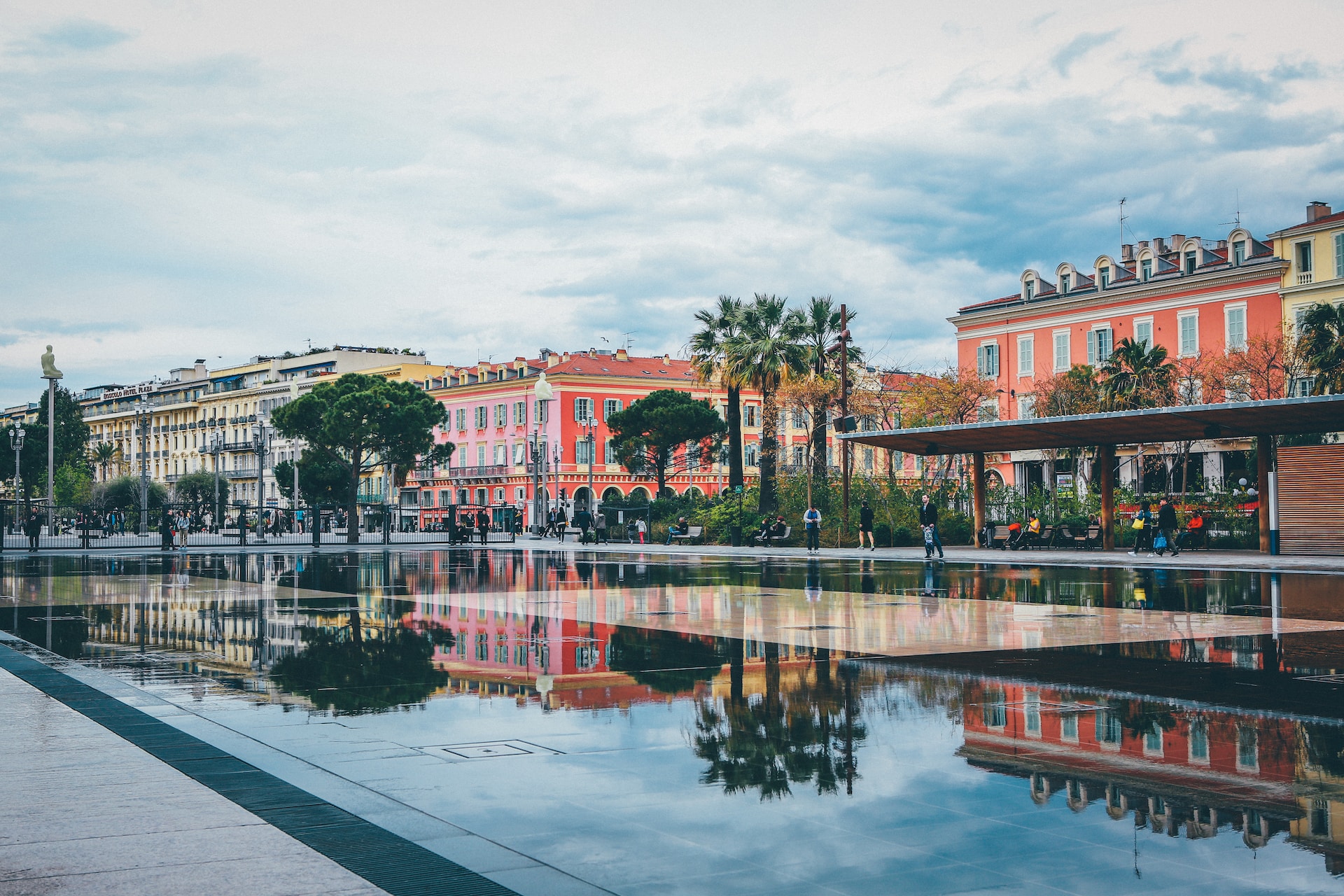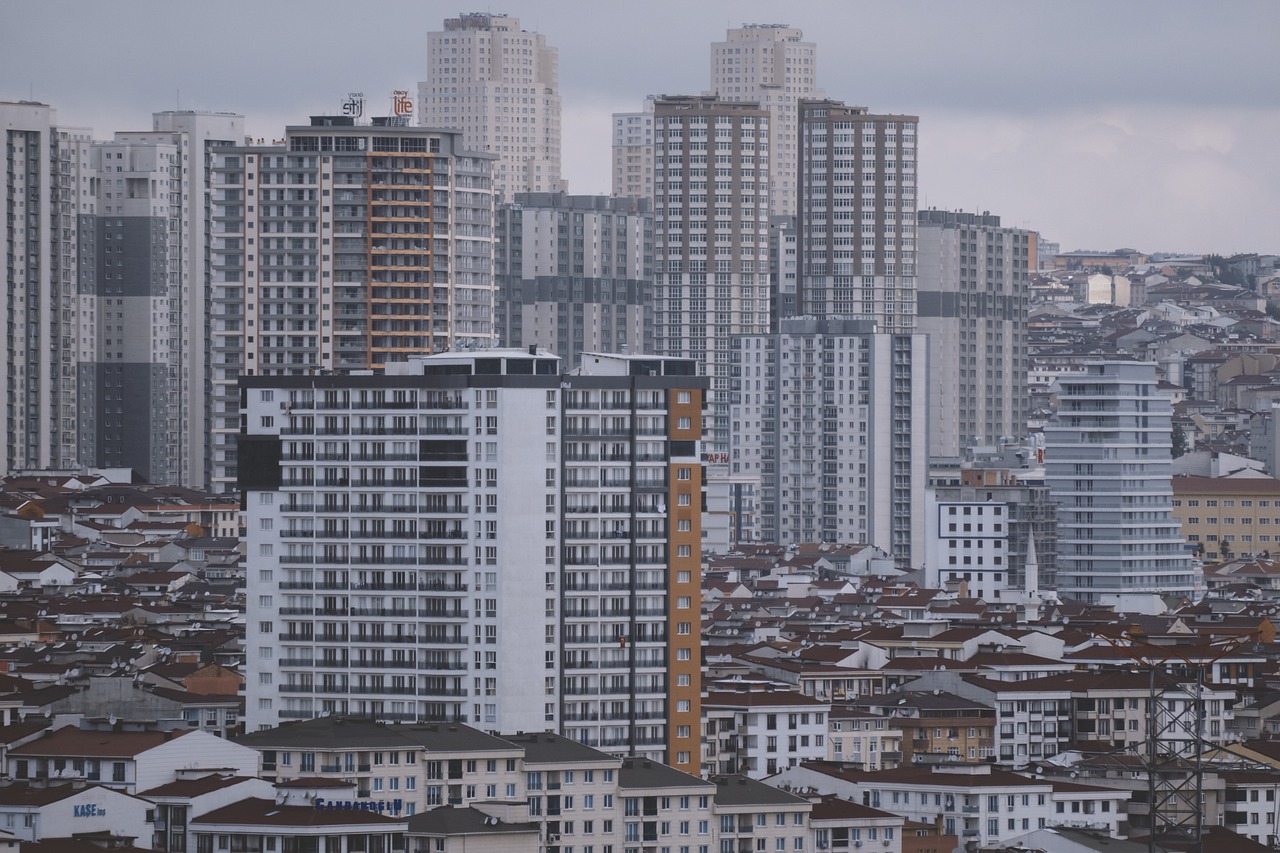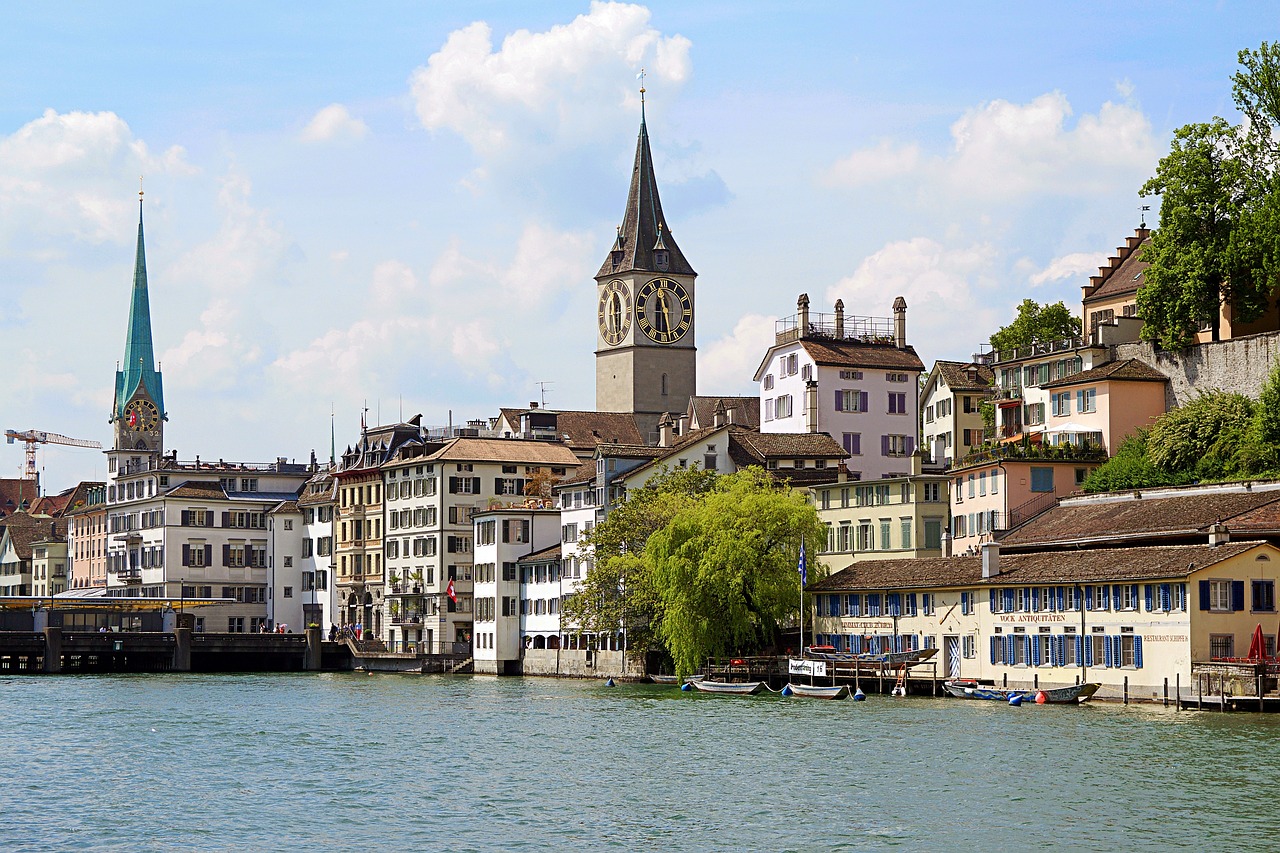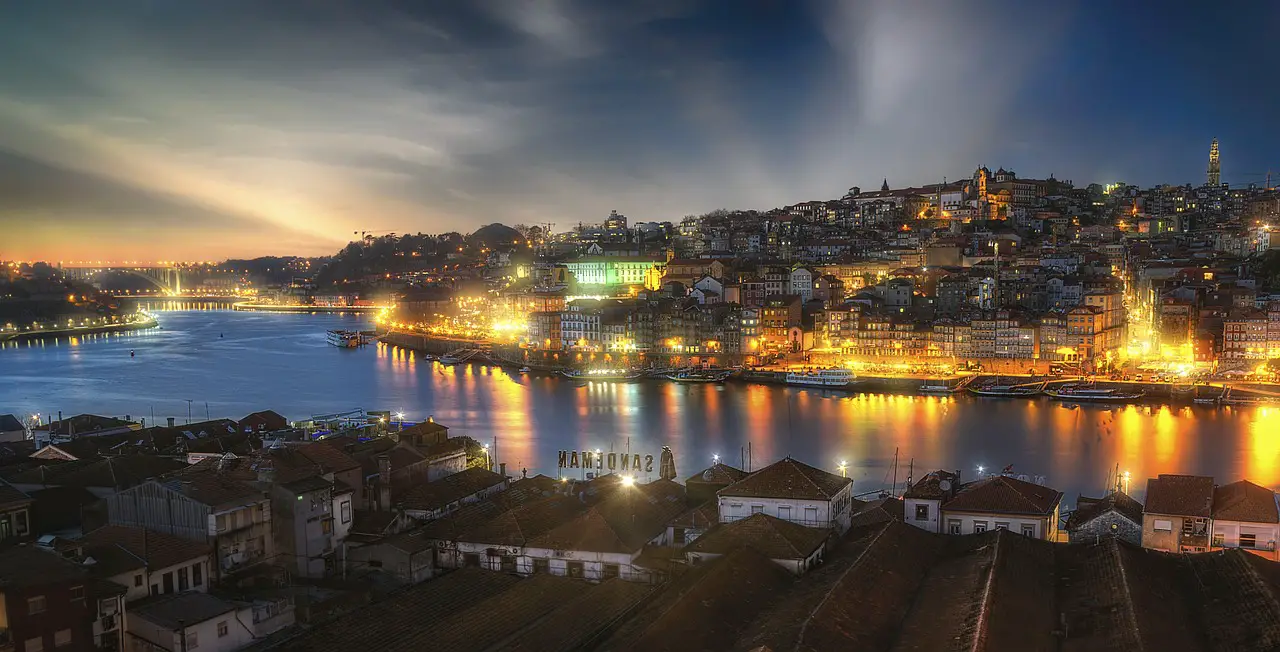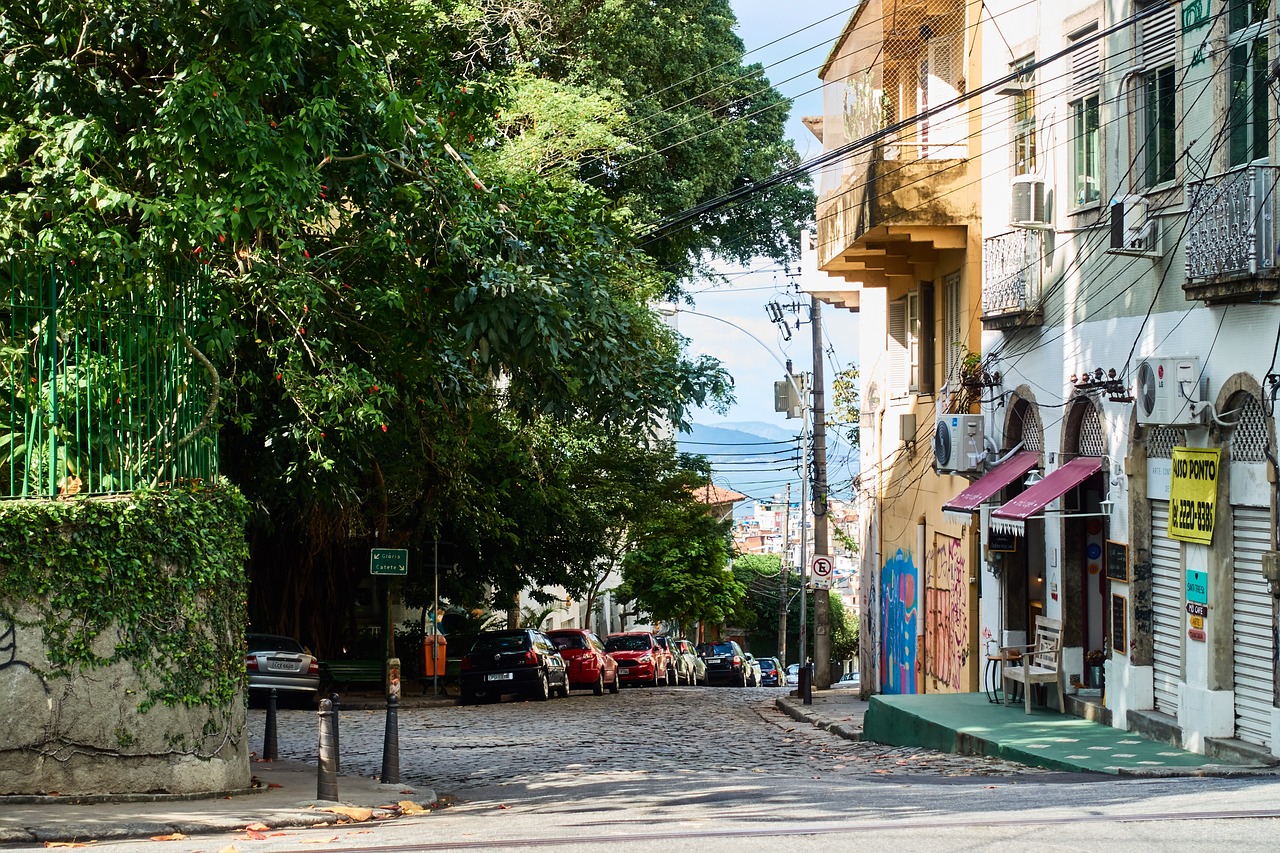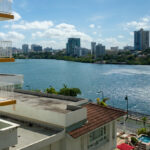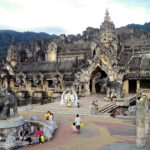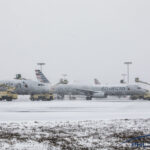Québec, often referred to as “La Belle Province,” stands as one of Canada’s most distinctive regions. Nestled in the northeastern part of North America, Québec’s rich history, unique culture, and linguistic diversity set it apart from the rest of Canada. In this article, we will explore the various aspects that make Québec different from the rest of Canada. From language to culture, history to politics, and economic factors to social identity, Québec’s uniqueness within the Canadian context will be thoroughly examined.
Language: French as the Official Language
The most apparent distinction between Québec and the rest of Canada is its language. Québec is the only Canadian province where French is the official language. The protection and promotion of the French language are central to Québec’s identity, enshrined in laws such as the Charter of the French Language (commonly known as Bill 101). This legislation ensures that French is the predominant language in areas such as education, government, and commerce, setting Québec apart from the predominantly English-speaking provinces in Canada.
Cultural Identity: A Strong Sense of Québécois Identity
Québec’s cultural identity is deeply rooted in its French heritage. The Québécois people often see themselves as a distinct cultural group within Canada, emphasizing their French origins and traditions. This strong sense of identity has been shaped by historical events, including the Quiet Revolution of the 1960s, which saw a resurgence of Québécois culture and nationalism. This cultural pride is reflected in Québec’s vibrant arts scene, culinary traditions, and festivals, such as the Winter Carnival in Québec City and the Montreal Jazz Festival.
History: A Tale of Two Empires
Québec’s history is marked by its status as a former French colony, then a British possession, before finally becoming part of Canada. The Battle of the Plains of Abraham in 1759 is a pivotal moment in Québec’s history when British forces defeated the French, leading to the province’s eventual British rule. This historical context has left an indelible mark on Québec’s identity, with some Québécois maintaining a sense of nostalgia for the French colonial era. Québec’s distinct historical trajectory is in stark contrast to the histories of other Canadian provinces, many of which have British colonial roots.
Religion: The Influence of Catholicism
Québec has a strong Catholic heritage, which has significantly influenced its culture and society. Until the Quiet Revolution in the 1960s, the Catholic Church held considerable power in Québec, influencing education, social services, and even politics. The decline of religious influence in recent decades has led to significant societal changes, including a decrease in religiosity and a more secular society. This historical legacy of Catholicism sets Québec apart from other provinces where religious influence has been less pronounced.
Politics: A Strong Tradition of Separatism
Québec’s political landscape has been marked by a history of separatist movements seeking greater autonomy or independence from Canada. The Parti Québécois (PQ) and other pro-sovereignty groups have advocated for Québec’s separation from Canada in multiple referendums, the most notable being the 1980 and 1995 referendums. While Québec has chosen to remain part of Canada in both instances, the presence of separatist movements and the distinct political debates surrounding Québécois sovereignty distinguish the province from other Canadian regions.
Education: A Dual Education System
Québec’s education system is unique within Canada, primarily due to its dual system of French-language and English-language schools. This system reflects the province’s commitment to preserving the French language and culture. Students in Québec can choose between attending French-language schools, which follow the Québec curriculum, or English-language schools, which are governed by the provincial Ministry of Education. This duality in the education system reinforces the distinct linguistic and cultural identities within the province.
Economy: A Focus on Natural Resources
Québec’s economy is characterized by its abundance of natural resources, including hydroelectric power, minerals, and forestry. Hydro-Québec, one of the largest electricity producers in North America, plays a significant role in the province’s economy and provides a stable source of revenue. Additionally, Québec’s manufacturing sector, particularly in aerospace and technology, contributes to its economic strength. This reliance on natural resources and industrial sectors differentiates Québec’s economic profile from other provinces in Canada.
Social Programs: A Strong Welfare State
Québec has a reputation for its generous social programs, including affordable childcare, subsidized healthcare, and accessible higher education. These programs, funded through progressive taxation, reflect a commitment to social equality and have led to a strong social safety net within the province. The provision of such extensive social services sets Québec apart from other Canadian provinces, where the approach to social welfare may differ.
Québec’s distinctiveness within Canada is evident in its language, culture, history, and politics. The province’s commitment to preserving the French language and promoting Québécois identity, along with its unique history and political movements, sets it apart from the rest of Canada. Québec’s blend of cultural pride, linguistic diversity, and a rich history creates a unique and vibrant province that continues to shape its own destiny within the larger Canadian federation. Understanding these differences is crucial for appreciating the rich tapestry of diversity that makes up Canada as a whole.
Cultural Expressions: A Flourishing Arts Scene
Québec boasts a thriving arts and cultural scene that further sets it apart from the rest of Canada. French-language literature, theater, music, and cinema have flourished in Québec, producing internationally renowned artists and cultural works. Prominent Québécois authors like Michel Tremblay and musicians like Celine Dion have achieved global recognition, contributing to the province’s cultural identity. Montréal, as Québec’s largest city, serves as a hub for cultural exchange and artistic expression, hosting numerous festivals and events that showcase the province’s creativity and talent.
Cuisine: A Gastronomic Haven
Québec’s culinary traditions reflect its French heritage and are distinct from the rest of Canada. Québécois cuisine features iconic dishes such as poutine (fries topped with cheese curds and gravy), tourtière (meat pie), and sugar pie. Additionally, Québec is renowned for its maple syrup production, and the sugaring-off season is a cherished cultural event. The province’s food culture celebrates the use of local ingredients and reflects a rich history of French culinary influence, making it a gastronomic haven within Canada.
Unique Festivals and Celebrations
Québec hosts a variety of unique festivals and celebrations that showcase its cultural richness and diversity. The Québec Winter Carnival, held in Québec City, is the largest winter carnival in the world and is known for its ice sculptures, parades, and outdoor activities. Montréal’s Jazz Festival, one of the largest jazz festivals globally, attracts artists and enthusiasts from around the globe. Additionally, religious and cultural celebrations, such as Saint-Jean-Baptiste Day, highlight the province’s cultural heritage and reinforce a sense of community and identity.
Healthcare and Social Services: A Different Approach
Québec’s approach to healthcare and social services differs in some respects from the rest of Canada. The province administers its healthcare system independently, offering a single-payer system that provides medical services to all residents. This arrangement allows Québec to tailor its healthcare policies to its specific needs and priorities, contributing to its distinct character within the Canadian federation. The province also maintains its pension plan, the Quebec Pension Plan (QPP), which supplements the federal Canada Pension Plan (CPP).
Unique Geography and Landscapes
Québec’s vast and diverse geography contributes to its distinctiveness within Canada. From the rugged landscapes of the Canadian Shield in the north to the picturesque Laurentian Mountains and the St. Lawrence River Valley, Québec’s natural beauty is unparalleled. The province is also home to vast forests, pristine lakes, and a significant portion of Canada’s freshwater resources. This unique geography influences the province’s recreational activities, such as outdoor sports, hiking, and wildlife viewing, making Québec a haven for nature enthusiasts.
A Focus on Environmental Conservation
Québec places a strong emphasis on environmental conservation and sustainability. The province’s commitment to hydroelectric power generation, with its abundance of clean and renewable energy sources, aligns with its environmental goals. Québec has also implemented various environmental policies and initiatives aimed at reducing greenhouse gas emissions and protecting its natural resources. This green approach to development sets Québec apart from other provinces and reflects its commitment to preserving the environment for future generations.
Québec’s distinctiveness within Canada is evident in its language, culture, history, politics, and even its natural landscapes. The province’s strong sense of Québécois identity, commitment to preserving the French language, rich cultural expressions, and unique social programs contribute to its unique character. Québec’s blend of history, politics, and cultural pride creates a vibrant and dynamic province that continues to shape its destiny within the larger Canadian federation.
While Québec stands out as a unique and culturally rich province, it is essential to recognize that its differences enrich Canada’s diversity as a whole. The coexistence of diverse regions like Québec within the Canadian federation contributes to the country’s unique identity and strength. Understanding and appreciating these differences are crucial for fostering unity and cooperation within this vast and diverse nation. Québec’s uniqueness adds depth to the tapestry of Canadian identity, making it a truly remarkable and integral part of the nation.
